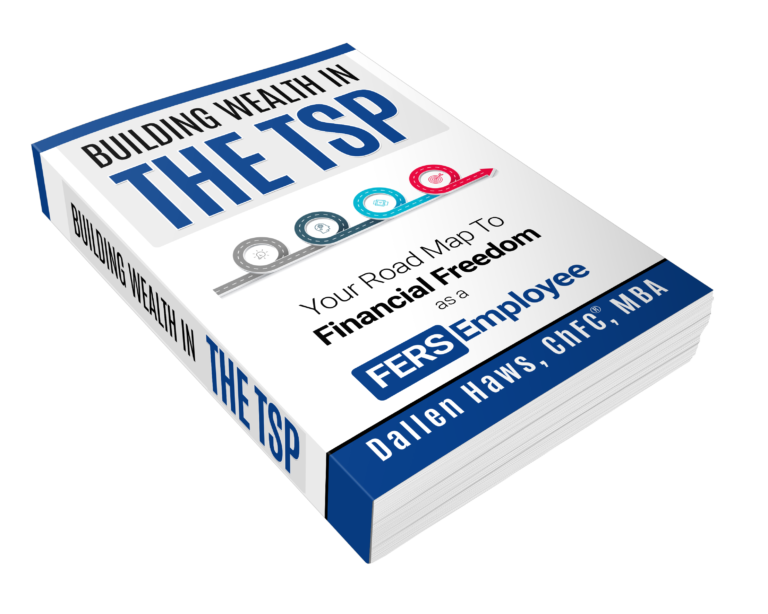Question 1
I will have exactly 20 years of service, 16 civilian and 4 military at 60 years old and I’m planning to retire. However I heard from someone that you should not take your pension until 62 due to a cola? Is this correct?
Answer 1
The short answer is no, you do not want to delay your pension to 62 in your situation.
This is the long answer. What your coworker is probably referring to is the fact that FERS Retirees don’t get their first COLA (increase for inflation) until 62. While this is true it doesn’t make any sense to delay your pension as your pension won’t be bigger by doing so.
However, what your coworker is referring to does make sense for those retiring with a MRA+10 retirement. For these folks they can often avoid a pension reduction by delaying their pensions.
If you want to know more about the MRA+10 retirement and postponing your pension, check out this guide.
But because you are eligible for a full/immediate retirement there is no need/reason to delay your pension.
Question 2
I have an OPM retirement advisor suggesting I rollover some or all of my TSP to a fixed index insurance annuity. I am 5 years out from retirement with under 200,000 in my TSP. Is this a good move? Inflation is down and everyday I lose money in my TSP. He pitches the pros but not the cons of the annuity. He says there are no fees.
Answer 2
I would be very careful before you buy a fixed indexed annuity. In my experience, 99% of federal employees should not get an annuity because you’ll have so much fixed income in retirement already.
While it is no fun to see your TSP go down it is only short term and an annuity takes away all your flexibility/options in retirement.
Here is a video about your other/better TSP options at retirement.
Question 3
When calculating your high 3 do you have to have had that amount for a full year for example if I get a raise a few months before my retirement date can That amount be used in the high 3 equation.
Answer 3
No, when calculating your high-3 you don’t have to have a full year for it to affect your high-3.
Your high-3 is the average annual salary during the highest paid consecutive 36 months. So any amount of time you get higher pay will increase your high-3.
Also, your high-3 doesn’t have to be perfect calendar years (Jan-Dec). For example, it could be June 2019-June 2022


